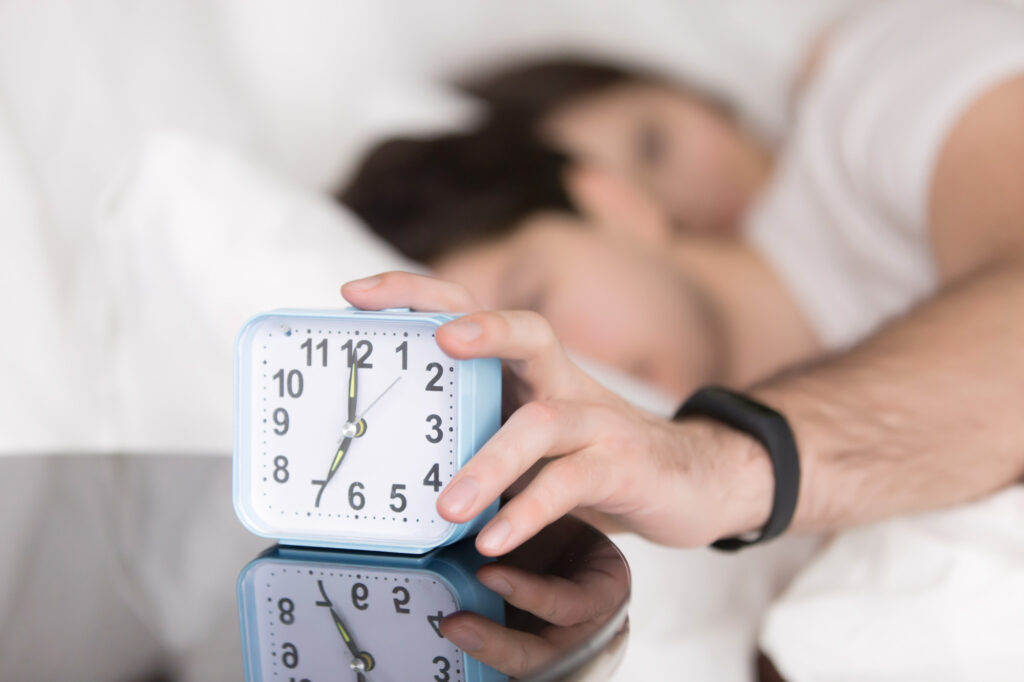One of the most important, yet often overlooked, factors affecting your health is your sleep chronotype—your natural tendency to wake, sleep, and be alert at certain times. Whether you’re an early-rising “lark” or a night-dwelling “owl”, understanding your chronotype can help you optimize everything from your sleep quality to your mental focus and long-term health.
Key Takeaways
- Chronotypes are biological patterns that influence when you feel most alert and tired
- Aligning your lifestyle with your chronotype improves sleep, energy, and productivity
- Simple lifestyle changes—especially light exposure—can help regulate your body clock
What Are Sleep Chronotypes?
Chronotypes are your body’s natural sleep-wake rhythms, shaped by your internal circadian clock. Most people fall into one of two major categories:
- Morning chronotype (“larks”)
- Evening chronotype (“night owls”)
Knowing your type can help you structure your days to work with your biology, not against it.
Morning Chronotype (“Larks”)
Characteristics:
- Wake early and feel energized in the morning
- Peak productivity: Early to mid-morning
- Energy fades steadily through the day
Health Impacts:
- Better sleep quality due to consistent sleep patterns
- Improved mental health with lower rates of anxiety and depression
- Lower risk of chronic conditions like diabetes and heart disease
Tips for Larks:
- Schedule demanding tasks early
- Develop a calming evening routine to wind down
- Get morning sunlight to reinforce your natural rhythm
Evening Chronotype (“Night Owls”)
Characteristics:
- Naturally stay up late and struggle with early mornings
- Peak productivity: Late afternoon to night
- Energy builds gradually throughout the day
Health Impacts:
- Poorer sleep quality when forced to follow early schedules
- Higher risk of mood disorders if chronotype conflicts with daily demands
- Increased metabolic and cardiovascular risk due to irregular patterns
Tips for Night Owls:
- When possible, shift your schedule to match your natural rhythm
- Tackle complex tasks later in the day
- Build a consistent, calming bedtime routine to improve rest
The Science Behind Chronotypes
Chronotypes are influenced by genetics, hormone cycles, and light exposure. Your body clock regulates:
- Sleep-wake timing
- Body temperature
- Hormone production (like melatonin and cortisol)
- Cognitive performance
Can You Change Your Chronotype?
While your chronotype is largely determined by factors like genetics, age, and season of birth, one powerful influence you can control is light exposure.
For night owls wanting to shift earlier:
- Get natural morning light exposure
- Avoid bright screens late at night
- Stick to a regular sleep-wake routine
With consistent light management, you can gradually shift your internal clock and improve your alignment with work and life demands.
Precision Health Insights from DAYHOFF
Understanding your chronotype is just one piece of your health puzzle. At DAYHOFF, we help you unlock the full picture with cutting-edge diagnostic tools:
- Home or office blood draws
- Analysis of 50+ healthspan biomarkers
- Personalized reports with actionable health insights
- Additional testing like VO2 max and DEXA scans for deep insights into fitness and body composition
Our expert-led, concierge experience is designed to help you make informed decisions about your sleep, energy, and long-term well-being.
Ready to optimize your health around your body’s natural rhythm?
Start your journey with DAYHOFF today.



